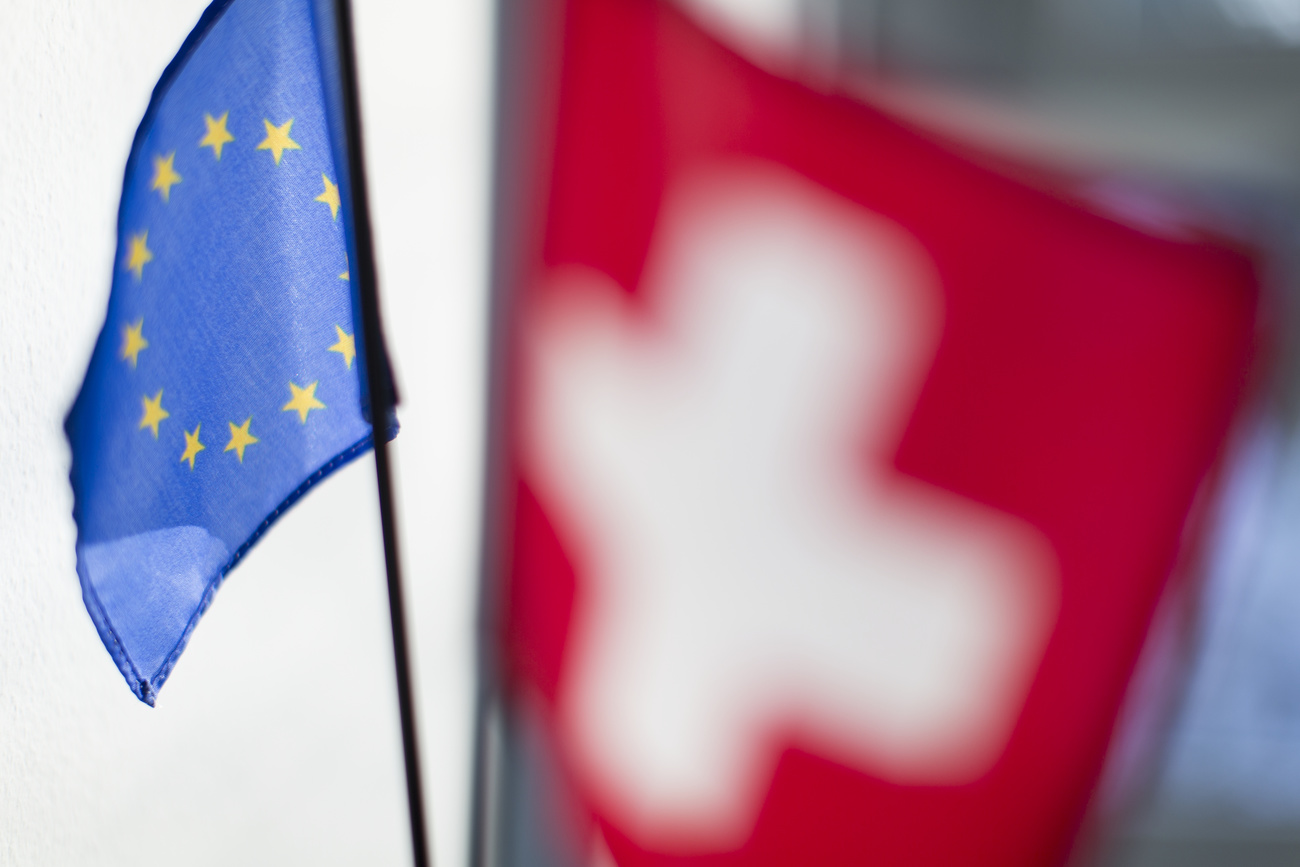
Switzerland insists on separate bilateral deals with EU

Switzerland has firmly shut the door on a single charter governing relations with the European Union but is instead prepared to renegotiate a host of existing treaties covering a wide variety of mutual interests.
For years, the EU has been pushing Switzerland to convert more than 120 separate treaties into a one-size-fits-all set of principles that would cover everything from access to labour markets to energy supply and research.
But in May 2021 the Swiss government decided to walk away from the so-called “framework deal” negotiations, calculating that voters would strike down such an arrangement in a referendum.
The main sticking points were salary protection, rules on state subsidies and the access of EU citizens to Swiss social security benefits.
In retaliation, the EU downgraded Switzerland’s participation in the Horizon Europe research programme.
On Friday, Swiss government ministers confirmed once and for all that the EU’s desired framework treaty approach “is no longer being considered”.
Treaties to expire
Switzerland now faces the problem that the 120-plus bilateral treaties have expiry dates and that the Alpine state also wants inclusion into new areas of shared interest, such as the EU energy market.
Swiss negotiators would be willing to “anchor” principles such as “dynamic updating of Swiss-EU bilateral agreements, dispute settlement, exceptions and safeguard clauses” into “each individual single market agreement”.
“The packet of measures may also include new single market agreements for electricity and food safety as well as association agreements for research, health and education,” read a press releaseExternal link.
The government’s latest EU strategy will be put out for consultation with cantons and social partners.
Swiss President Ignazio Cassis said on Friday that national independence “is part of our history and identity”.
EU relationship valued
But ministers were also keen to show that Switzerland values its relationship with the EU. “Our aim is to stabilise bilateral relations with the EU,” said Justice Minister Karin Keller-Sutter.
Economics Minister Guy Parmelin said that the EU is Switzerland’s largest trading partner and that 380,000 cross-border workers moved over the Swiss border every day.
“Switzerland is more tightly integrated with the EU domestic economy than many EU member states,” he said.
Switzerland is also willing to consider continued Cohesion payments to the EU during future negotiations.

In compliance with the JTI standards
More: SWI swissinfo.ch certified by the Journalism Trust Initiative




























You can find an overview of ongoing debates with our journalists here . Please join us!
If you want to start a conversation about a topic raised in this article or want to report factual errors, email us at english@swissinfo.ch.